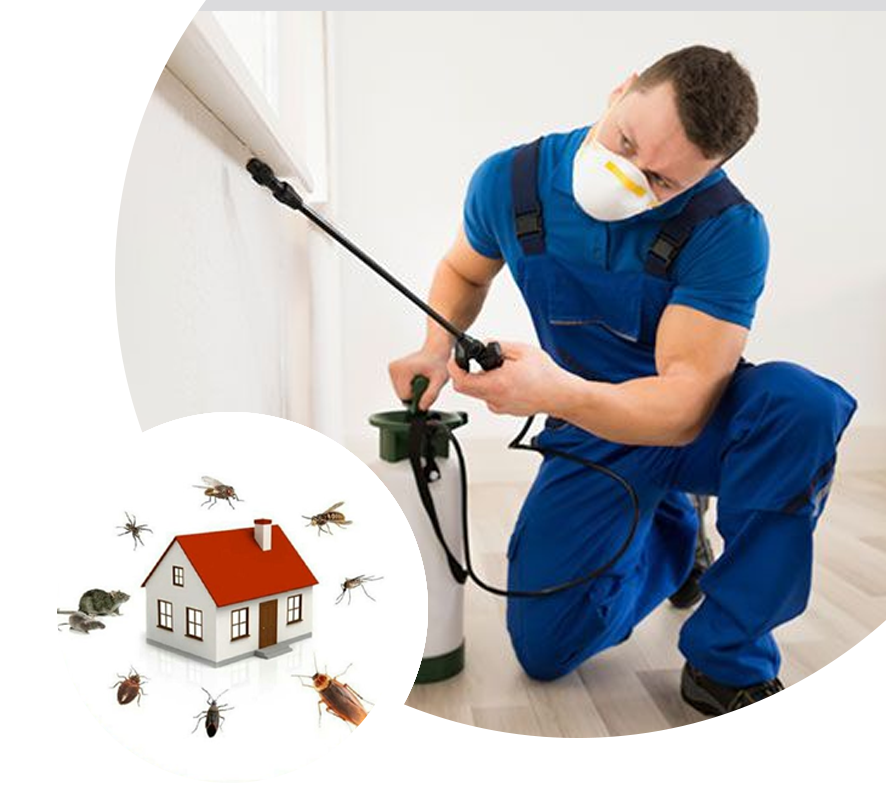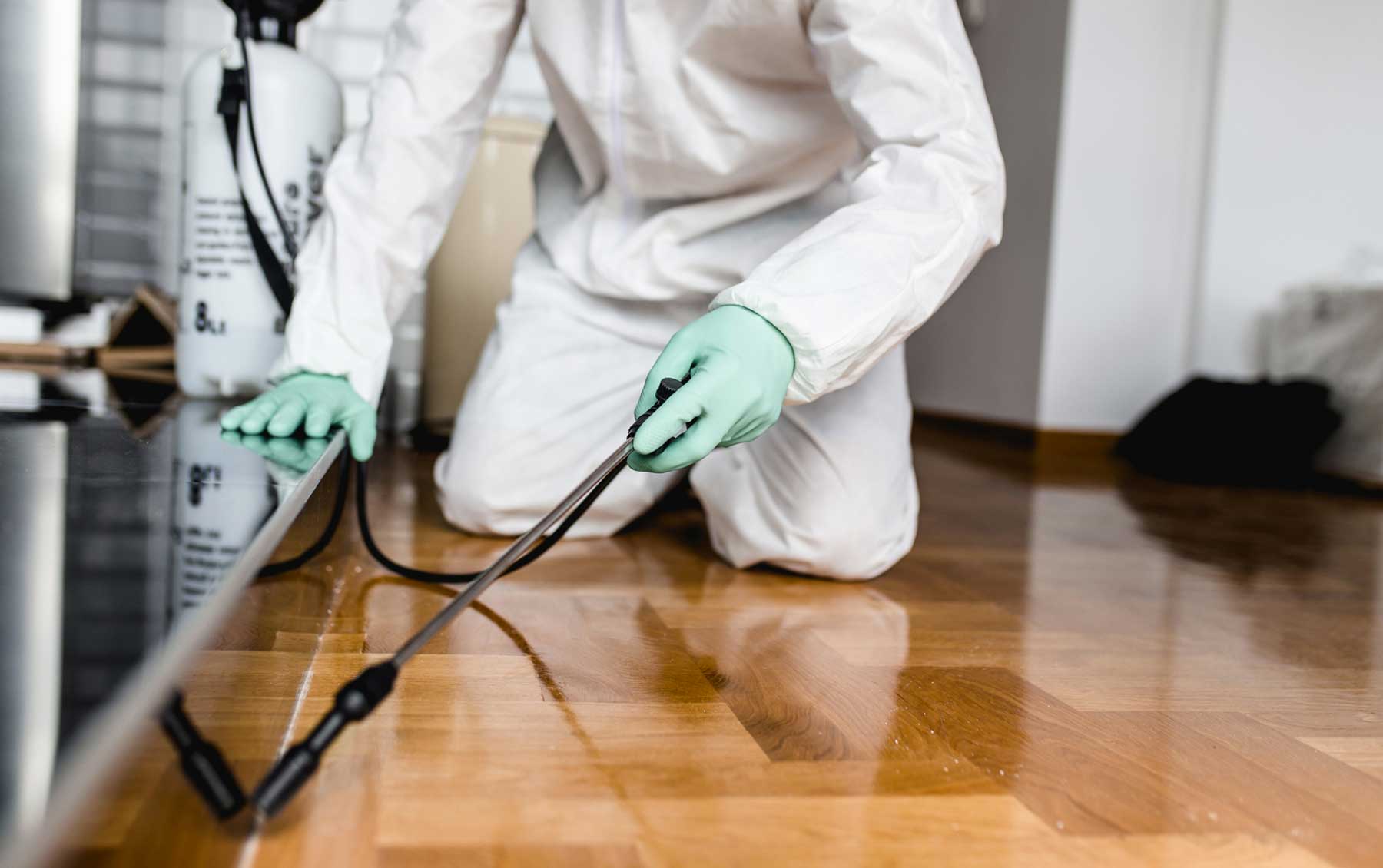Exterminator DC: Your Service for Pest-Free Residing In Washington DC!
Exterminator DC: Your Service for Pest-Free Residing In Washington DC!
Blog Article
Professional Parasite Control Techniques for Long-Term Results
Professional parasite control techniques encapsulate a comprehensive strategy that starts with a detailed assessment and assessment, adhered to by accurate parasite identification to understand their behavior patterns. The execution of Integrated Parasite Management (IPM) principles, combined with eco-conscious treatments, creates the foundation of lasting pest removal.
Assessment and Assessment
Upon getting in a residential or commercial property for parasite control services, the first step is an extensive evaluation and analysis to determine the level of the infestation and figure out the most efficient treatment strategy. Expert insect control technicians are educated to carefully analyze the properties, searching for signs of insect activity such as droppings, nibble marks, nests, or any structural damage. They will also evaluate the conditions that may be bring in bugs, such as food sources, water leaks, or access points.

Parasite Recognition and Behavior

Furthermore, recognizing the habits of the recognized bug is essential to carrying out efficient control procedures. Understanding where insects nest, what they feed on, and their task patterns can aid pest control experts develop approaches to eradicate them effectively. Some parasites might be nocturnal, while others are extra active throughout the day. This knowledge enables the application of therapies at optimum times for optimum performance.
Integrated Pest Administration (IPM)
Integrated Pest Management (IPM) techniques combine numerous methods to regulate and avoid pest infestations in a sustainable and eco friendly fashion. exterminator near me. By incorporating methods such as organic control, habitat manipulation, adjustment of cultural practices, and using immune ranges, IPM intends to lessen the usage of chemical pesticides
Among the crucial concepts of IPM is the focus on avoidance. This aggressive approach includes surveillance parasite populations on a regular basis to find any possible issues before they intensify. By recognizing bug issues beforehand, pest control actions can be applied promptly and successfully.
In addition, IPM advertises making use of safe pest control methods whenever possible. This can include utilizing all-natural predators of the bugs, presenting useful bugs, or using scents to disrupt mating patterns. By decreasing dependence on chemical pesticides, IPM not just secures the environment yet additionally helps preserve an equilibrium in the community.
Environmentally-Friendly Treatments
Applying eco-conscious methods in insect control treatments can properly resolve problems while prioritizing ecological sustainability. Environmentally-friendly treatments concentrate on minimizing the effect of bug Resources control approaches on communities, non-target organisms, and human health and wellness. These techniques usually involve using natural predators, such as ladybugs or nematodes, to control pest populaces, advice lowering the need for chemical interventions. Furthermore, methods like habitat control, such as readjusting dampness levels or eliminating food resources, can help hinder parasites without the use of harmful materials.
An additional key facet of environmentally-friendly treatments is making use of natural and naturally degradable items that break down quickly without leaving damaging deposits in the environment. Botanical pesticides derived from plants like chrysanthemums or neem supply effective bug control while positioning very little danger to non-target varieties. Moreover, using methods like warmth treatments or scent traps can target specific bugs with accuracy, minimizing the general ecological impact of bug control practices.
Recurring Monitoring and Upkeep
Normal evaluations by skilled specialists are required to identify any type of indications of insect activity, assess the performance of previous therapies, and make adjustments to the pest control strategy as needed. By keeping track of parasite populaces over time, parasite control professionals can track fads, anticipate possible issues, and apply preventive procedures to lessen the threat of future invasions.
In addition to monitoring, maintenance methods are vital for long-lasting parasite control success. This includes executing correct sanitation procedures to remove potential food and water sources for bugs, can do pest control sealing off entry indicate protect against insects from getting in the premises, and addressing any kind of structural problems that could facilitate insect problems (exterminator near me). By incorporating continuous surveillance and upkeep into an integrated insect management technique, businesses can make sure a pest-free atmosphere and protect their residential property versus expensive damages and health and wellness dangers
Final Thought
In final thought, using professional insect control techniques such as complete examination and analysis, precise bug identification and understanding of their habits, integrated parasite administration approaches, environmentally-friendly therapies, and recurring surveillance and maintenance are necessary for accomplishing long-term lead to pest control. By applying these techniques, individuals can effectively take care of insect problems and preserve a pest-free atmosphere in a sustainable way.
Report this page